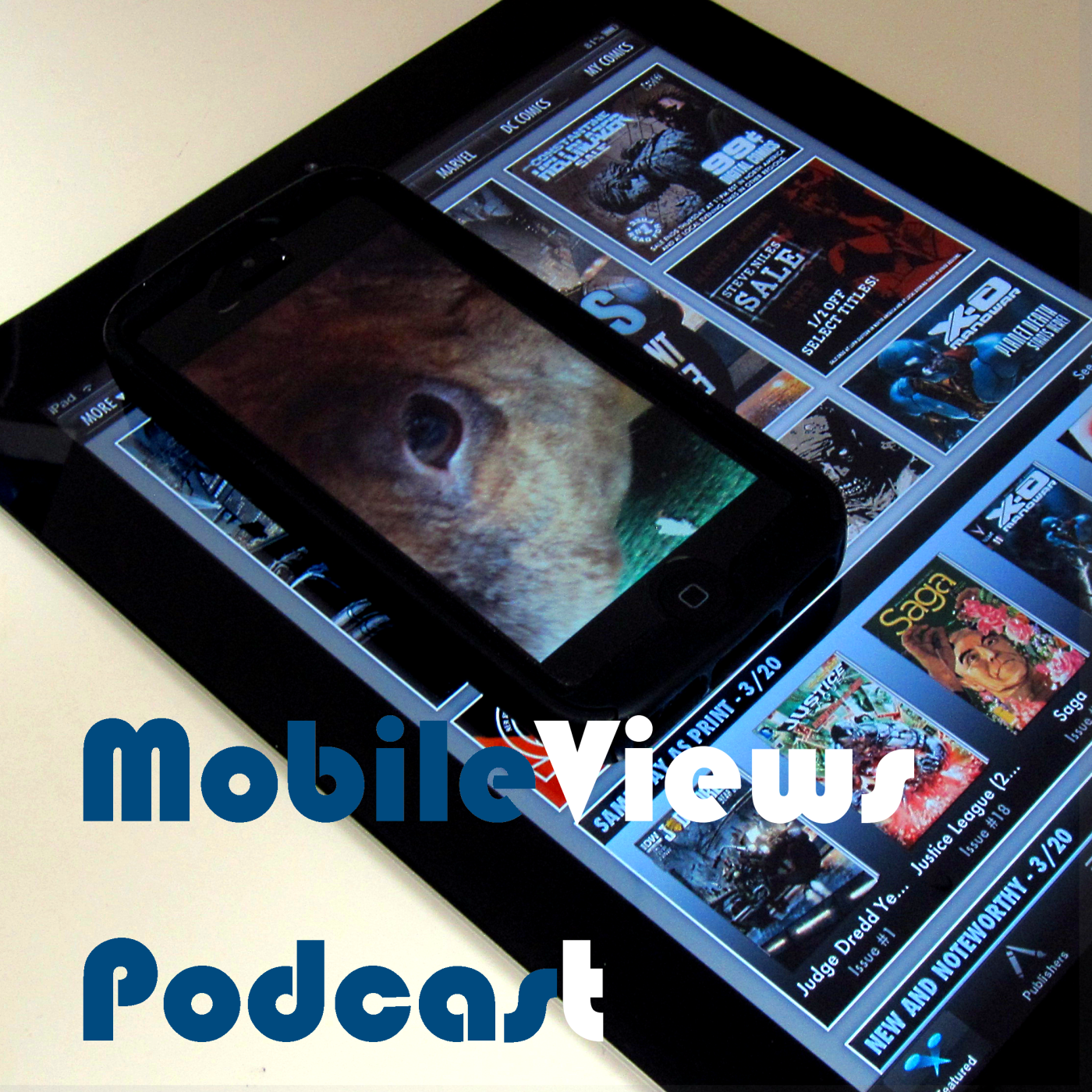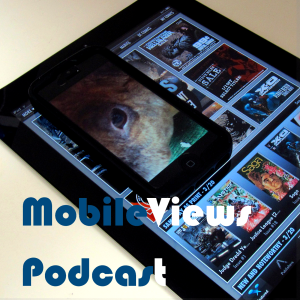
56.6K
Downloads
730
Episodes
MobileViews Editor Todd Ogasawara discusses mobile technology hardware and software
Episodes

6 days ago
6 days ago
The "MobileViews 570" podcast, featuring Todd Ogasawara and Dr. Jon Westfall on July 13th, 2025, tackles a crucial theme: "Die by the IoT". This isn't just a catchy title; it's a deep dive into the frustrating reality of smart devices becoming obsolete due to company decisions. John Westfall shared his dismay over Belkin's WeMo smart home devices, including a light switch he uses, losing support on January 31st, 2026, less than three years after some models were last sold. He suspects a recent sale he took advantage of was due to its impending discontinuation. This echoes his prior experience with iHome ISP5 smart plugs, whose service was discontinued years ago, though they luckily retained functionality via Apple HomeKit compatibility. Todd resonated with this, recalling a sub-$50 purple NAS-like device that became inaccessible when its cloud service was unexpectedly shut down. Both hosts strongly agreed with the sentiment of an Ars Technica article, "Belkin shows tech firms getting too comfortable with bricking customers stuff," expressing their frustration with the dependency on cloud-based services and the expectation that products should last more than two or two and a half years. They also noted that even major players like Microsoft (Azure IoT) and Google (Cloud IoT) have been closing their IoT services for developers, leaving developers in a tough spot. A potential solution, as suggested by John, could be for companies to release the code for discontinued devices to the "geeky IoT community" for ongoing support.
Beyond the looming threat of device obsolescence, Todd and John explored the evolving landscape of AI and exciting new gadgets. Todd discussed Perplexity's Comet AI browser, noting its current requirement for a $200/month Perplexity subscription for full access, though a waitlist for a free version exists. They lamented the challenge of discerning the utility of various AI services like Copilot, Gemini, and ChatGPT due to their constantly changing and inconsistent features. Todd primarily uses Google's Gemini, which he recently leveraged to find a "way fun" method to import a photo of his line drawing into Procreate for digital coloring underneath the lines. John, on a more creative note, is co-authoring a musical titled "Happy Apocalypse" with AI. He also highlighted the practical application of AI, using his Plod Note Pin (or transcribing Teams recordings via Plod) to summarize dissertation student meetings, proving highly useful for both himself and the student's progress reports.
The podcast also delved into some compelling new hardware. John enthusiastically shared his experience with the Kobo Libra Color 2 e-reader, which boasts a color E Ink display, a stylus (sold separately), and native connectivity to Google Drive and Dropbox, offering a flexible, non-Amazon alternative to his old Kindle Oasis. He particularly praised the stylus's paper-like feel on the E Ink display, with low latency, making it ideal for note-taking, marking up, and highlighting. Meanwhile, Todd acquired a low-cost Arturia MiniLab 3 MIDI controller, a USB-C powered device with drum pads, sliders, knobs, and velocity-sensitive keys, which works well with GarageBand. John also recently picked up the Wand Company Star Trek Original Series Tricorder, noting its high quality, functional disks, and voice recorder. Other brief mentions included Todd's anticipation for iPad OS 26's public beta, his past experiences with the Microsoft Spot Watch, John's inexplicable phone time zone glitch, Todd's interest in an E Ink touchpad concept for computer keyboards, and his fondness for the now-removed MacBook Pro Touch Bar. The episode wrapped up with the hosts looking forward to future tech discussions and adventures.

No comments yet. Be the first to say something!